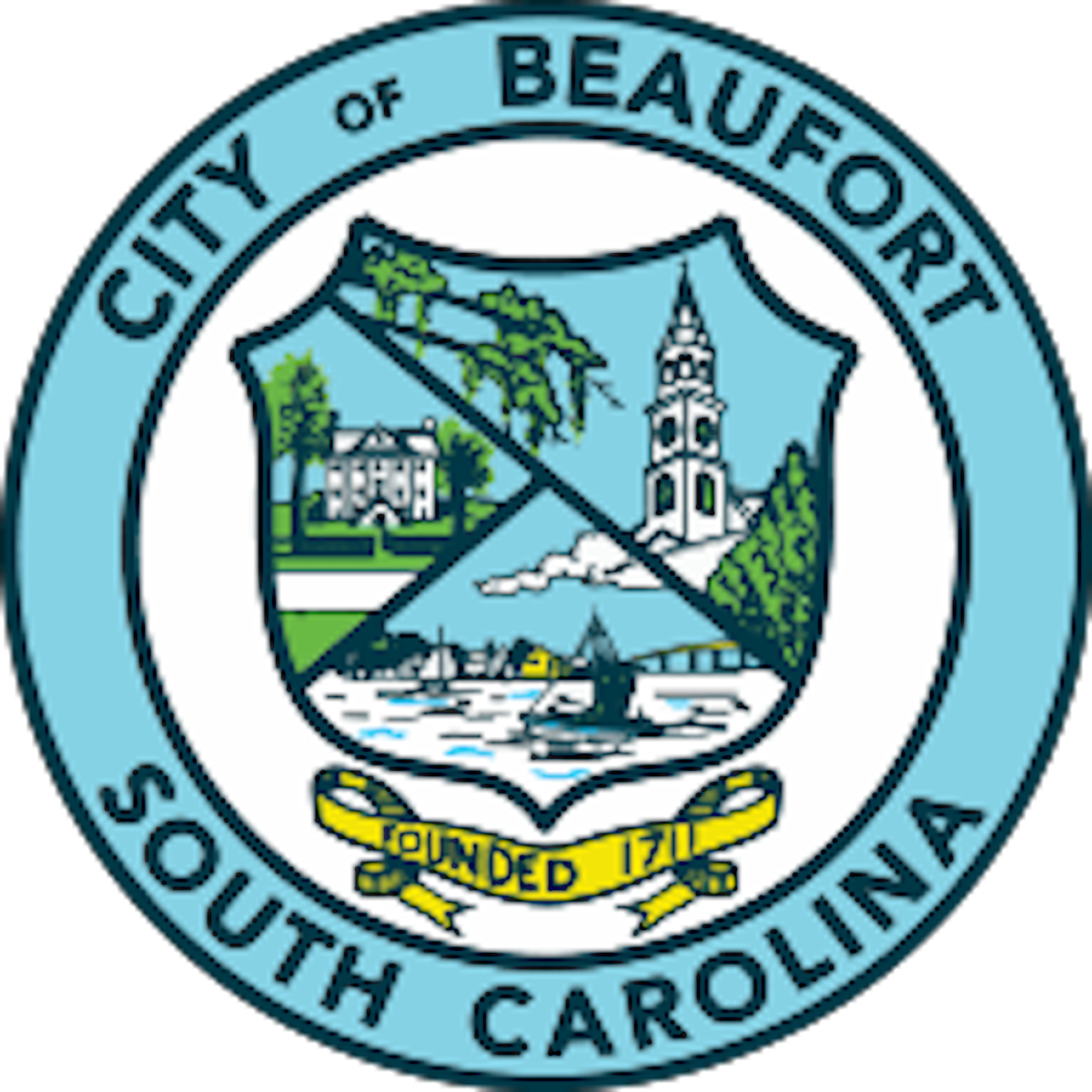By MINDY LUCAS
At the first meeting of Beaufort’s newly formed Affordable Housing Task Force, City Manager Bill Prokop urged members to avoid the pitfall of forever studying the issue.
“We have, today, an affordable housing problem in Beaufort,” he said.
To underscore the urgency of the situation, Prokop told members at the Dec. 4 meeting he recently had to pass on the hiring of four police officers because the potential recruits couldn’t find affordable housing in Beaufort.
The task force’s nine member group will now take up the issue of how the city can provide more affordable housing in an area where demand is quickly outstripping supply.
The group has four to six months to address the issue and come up with specific recommendations for city council, but discussing the issue could take longer, said task force chair Phil Cromer.
“The issue is pretty complex and wide spread, so we’re going to look at a wide range of needs,” he said.
According to those who took a community survey earlier in the year, affordable housing is the most pressing issue that the city faces now and in the future, he told the group.
Among the many issues the task force hopes to address will be how to balance the rising cost of building and construction in the area with historic preservation issues, regulatory issues, and even the public’s perception of exactly what “affordable housing” is.
The term, along with “workforce housing,” is often used interchangeably or in the place of “low-income housing,” even though the terms can mean something very different by the federal government’s or area municipalities’ definitions, explained the task force’s facilitator, Deborah Johnson.
Affordable housing, as defined by various municipalities, is a household that requires occupants to spend no more than 30 percent of their gross income on housing. The term “low-income” is commonly defined as earning 80 percent or less of the median income based on household size, for a metropolitan area.
“That’s an important distinction,” said Johnson, adding that many first-year, starting teachers, if they’re single, make far less than the area’s median income, and by that definition are considered low-income.
The task force will meet the first Wednesday of every month in City Hall’s first floor planning room.







